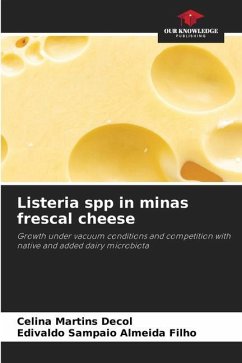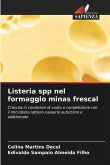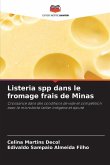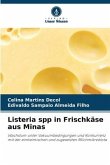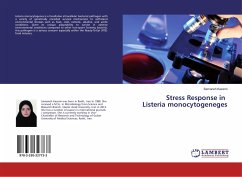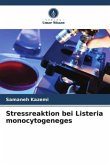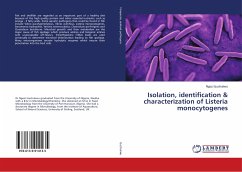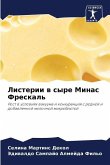Cheeses are the most consumed dairy food by Brazilians. As a rule, they are subjected to refrigeration, and there is a concern with pathogenic psychrotrophic microorganisms, such as Listeria monocytogenes, whose importance in public health has grown since the mid-1980s, being associated with outbreaks of food diseases, mainly involving milk and dairy products. The problems found in Brazilian cheese production are related to the poor conditions of the raw material, the manufacturing conditions and the lack or inefficiency of the cold chain, which create favorable conditions for contamination and development of the pathogen. This is equally true for raw milk cheeses and those produced with pasteurized or microfiltered milk, given the possibility of post-processing contamination. The frequency of cases of listeriosis transmitted by cheeses shows the importance of this food and other dairy products in the epidemiological chain of transmission of Listeria spp, mainly due to the importance they have in the habits of the healthy population and in the nutrition of children, pregnant women and the elderly.
Bitte wählen Sie Ihr Anliegen aus.
Rechnungen
Retourenschein anfordern
Bestellstatus
Storno

